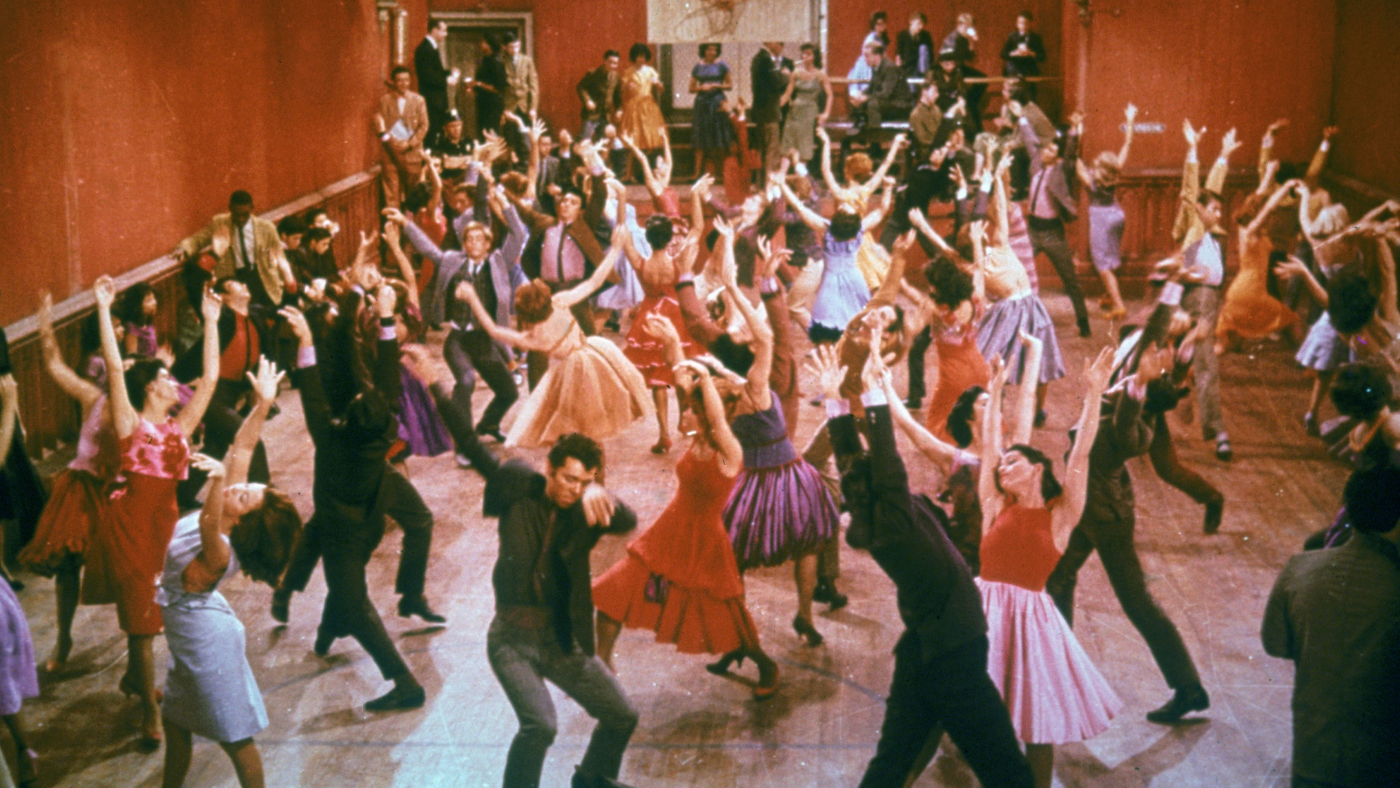Blurred Lines plagiarism: Thicke and Williams to pay $7.4m
Did Robin Thicke and Pharrell Williams plagiarise Marvin Gaye's Got to Give It Up? Listen to both

A free daily email with the biggest news stories of the day – and the best features from TheWeek.com
You are now subscribed
Your newsletter sign-up was successful
A jury awarded £7.4m in damages to the family of Marvin Gaye after finding that Robin Thicke and Pharrell Williams had plagiarised the late singer to create the 2013 hit song Blurred Lines.
Marvin Gaye’s daughter Nona Gaye cried when the verdict was delivered and hugged her lawyer, Richard Busch, the BBC reports.
"Right now, I feel free, " Nona Gaye said after the verdict. "Free from ... Pharrell Williams and Robin Thicke’s chains and what they tried to keep on us and the lies that were told. "
The Week
Escape your echo chamber. Get the facts behind the news, plus analysis from multiple perspectives.

Sign up for The Week's Free Newsletters
From our morning news briefing to a weekly Good News Newsletter, get the best of The Week delivered directly to your inbox.
From our morning news briefing to a weekly Good News Newsletter, get the best of The Week delivered directly to your inbox.
In the course of the trial, Williams agreed that his hit song Blurred Lines had a "late-70s feeling" but denied that he had copied Marvin Gaye's Got to Give It Up in composing the controversial single.
The Gayes’ lawyer said that Williams and Thicke had done more than just emulate the sound of Gaye’s music and had copied Got to Give It Up outright.
Williams conceded that there are parallels between his song and Gaye's but insists that he was not thinking about Got to Give It Up when he was writing Blurred Lines.
"Sometimes when you look back on your past work, you see echoes of people," Williams said in court in Los Angeles. "But that doesn't mean that's what you were doing."
A free daily email with the biggest news stories of the day – and the best features from TheWeek.com
Williams added that he had deep admiration for Gaye.
"The last thing you want to do as a creator is take something of someone else's when you love him," Williams said. "I respect his music beyond words."
The song made more than $16m (£10.8) in profits, $5m (£3m) of which was shared between Williams and Thicke.
The 41-year-old said that Blurred Lines had drawn influences from two other songs he was working on at the time, one for singer Miley Cyrus and another for rapper Earl Sweatshirt.
"In this case I started with drums," he said in court, describing the song writing process. "I was doing a bunch of country-sounding music with Miley. It was like blending this country sound with this up-tempo groove.
"Once you have a groove, then you're pretty much allowing the groove to tell you what's next."
After excerpts of both songs were played in court, Williams admitted that "it sounds like you're playing the same thing", but argued that the pitch had been shifted and some of the note progressions had been changed so that the two sounded more alike.
In reaching its verdict, the jury was asked to consider detailed analysis of the chord progressions, rhythms and notes used in both songs. The verdict is expected to face years of appeals.
Hear both songs for yourself:
Got to Give It Up – Marvin Gaye
Blurred Lines – Robin Thicke, Pharrell Williams, T.I.

-
 How the FCC’s ‘equal time’ rule works
How the FCC’s ‘equal time’ rule worksIn the Spotlight The law is at the heart of the Colbert-CBS conflict
-
 What is the endgame in the DHS shutdown?
What is the endgame in the DHS shutdown?Today’s Big Question Democrats want to rein in ICE’s immigration crackdown
-
 ‘Poor time management isn’t just an inconvenience’
‘Poor time management isn’t just an inconvenience’Instant Opinion Opinion, comment and editorials of the day
-
 Music reviews: Miley Cyrus, Garbage, and Keith Jarrett
Music reviews: Miley Cyrus, Garbage, and Keith JarrettFeature "Something Beautiful," "Let All That We Imagine Be the Light," and "New Vienna"
-
 Taylor Swift to Miley Cyrus: female artists dominate 2024 Grammys
Taylor Swift to Miley Cyrus: female artists dominate 2024 GrammysSpeed Read SZA, Phoebe Bridgers and Lainey Wilson were also among the winners at LA gala
-
 Sport on TV guide: Christmas 2022 and New Year listings
Sport on TV guide: Christmas 2022 and New Year listingsSpeed Read Enjoy a feast of sporting action with football, darts, rugby union, racing, NFL and NBA
-
 House of the Dragon: what to expect from the Game of Thrones prequel
House of the Dragon: what to expect from the Game of Thrones prequelSpeed Read Ten-part series, set 200 years before GoT, will show the incestuous decline of Targaryen
-
 One in 20 young Americans identify as trans or non-binary
One in 20 young Americans identify as trans or non-binarySpeed Read New research suggests that 44% of US adults know someone who is transgender
-
 The Turner Prize 2022: a ‘vintage’ shortlist?
The Turner Prize 2022: a ‘vintage’ shortlist?Speed Read All four artists look towards ‘growth, revival and reinvention’ in their work
-
 What’s on TV this Christmas? The best holiday television
What’s on TV this Christmas? The best holiday televisionSpeed Read From films and documentaries to musicals for all the family
-
 Coco vision: up close to Chanel opticals
Coco vision: up close to Chanel opticalsSpeed Read Parisian luxury house adds opticals to digital offering